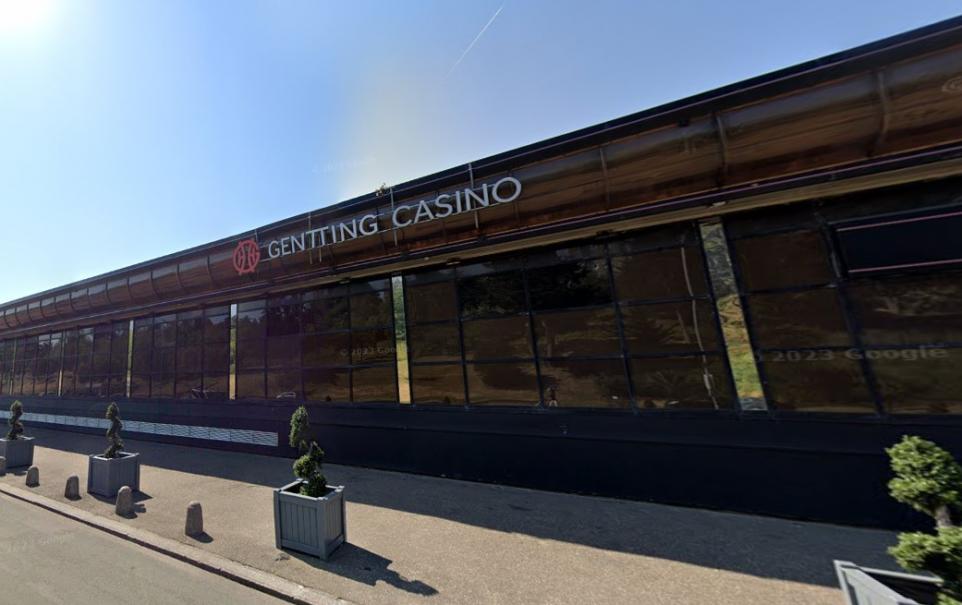As online gambling has quickly expanded in the U.S., states have taken different regulatory approaches that each provide key lessons. Maryland recently legalized online casino gaming and is an invaluable source of insight that Michigan–with an already robust digital gaming market–can draw upon to enhance its policies to maximize revenue generation while protecting players and encouraging industry expansion. By studying Maryland’s regulatory frameworks, tax structures, consumer protections, and player safety protocols, Michigan can refine its policies to maximize revenue, ensure player safety, and foster industry expansion.
Regulated Framework: Balancing Flexibility and Control
Maryland’s online casino legislation emphasizes stringent licensing requirements to maintain operator credibility while still permitting market competition. Regulators require operators to submit detailed business plans that ensure they have the infrastructure for high-volume transactions securely. Michigan could utilize Maryland’s multi-tier approval process, reducing the risks of fraud or unethical practices.
Maryland excelled at gathering input from operators, lawmakers, and advocacy groups before finalizing regulations. Maryland held public hearings and working group sessions to gather feedback and create a more balanced regulatory environment. Michigan could implement similar collaborative efforts in order to ensure any future amendments to online gambling laws address industry concerns while prioritizing player interests – perhaps setting up an advisory committee of gaming operators, addiction specialists and consumer protection groups to review policies annually.
Taxation: Finding an Appropriate Revenue Model
The tax structure for online casinos in Maryland for real money aims to maximize state revenue while simultaneously supporting operator profitability. Key features of Maryland’s tax plan for online casino operators’ profitability include:
- Tiered tax rates based on revenue brackets (for instance, lower tax rates for smaller operators to encourage market diversity)
- Financial support for problem gambling programs (5 percent of tax revenue is allocated directly for treatment and awareness initiatives).
- Tax credits are available to operators who invest in responsible gaming tools (such as AI-powered spending alerts or self-exclusion enhancements).
Michigan currently levies an online gambling tax rate between 20% and 28%, which simplifies compliance but may not optimize earnings. Adopting Maryland’s tiered system could encourage higher revenue generation while supporting smaller operators, and diverting a portion of taxes to responsible gambling initiatives would further support Michigan’s commitment to player safety, for instance, allocating some tax revenue towards funding helplines or public education campaigns.
Consumer Protections: Promoting Responsible Gaming
Maryland laws mandate operators to implement robust responsible gaming measures, such as deposit limits, self-exclusion programs, and mandatory reality checks for players. They also use behavioral tracking tools to detect problem gambling patterns and intervene accordingly – measures which go above and beyond Michigan’s existing requirements, providing stronger protection for at-risk gamblers and maintaining an efficient market. By adopting similar mandates, Michigan could decrease problem gambling rates while maintaining competition within its market
Maryland stands as an excellent example of advertising transparency. Operators must display odds, terms, and risks when advertising promotions–something Michigan could implement more stringently to prevent misleading marketing. Maryland prohibits aggressive promotional tactics like bonus offers targeting self-excluded players; increasing these protections would build trust within Michigan’s digital gaming industry and line up with recent calls for tighter advertising standards nationwide
Market Competition: Encouraging Innovation Without Oversaturation
Maryland’s licensing approach ensures a competitive yet sustainable market by restricting initial operator numbers; only six online casino licenses will initially be issued during phase 1, to avoid oversaturation while providing regulators with time to assess market performance before expanding further. Michigan, with a more open licensing system, could benefit from periodic evaluations to ensure balanced innovation: regulators may review market data every two years to see if additional licenses would benefit consumers without hurting existing operators.
Maryland supports smaller operators by offering reduced fees for local businesses based in-state. This helps prevent large, out-of-state gaming corporations from dominating. Michigan could follow Maryland’s example and implement similar incentives for gaming companies within its borders; tax breaks or expedited licensing could help promote diversification while simultaneously spurring economic development while keeping competition healthy.
Conclusion
Maryland’s online casino laws offer Michigan an ideal example for how to improve its digital gaming policies. From stricter regulatory oversight, smarter taxation strategies, and enhanced consumer protections – Maryland’s strategies demonstrate ways of increasing profitability, fairness, and player safety – which Michigan could implement to solidify their leadership position within the U.S. online gambling industry while simultaneously ensuring long-term sustainability – even minor adjustments in regulations, taxation or consumer safeguards could create a more balanced and responsible gaming market.





